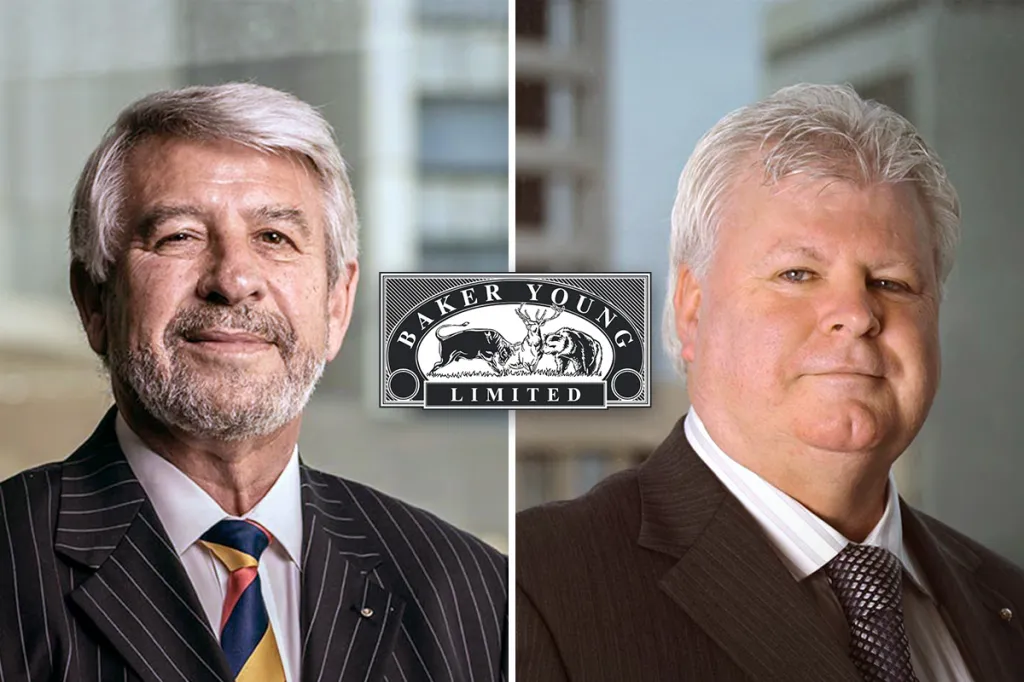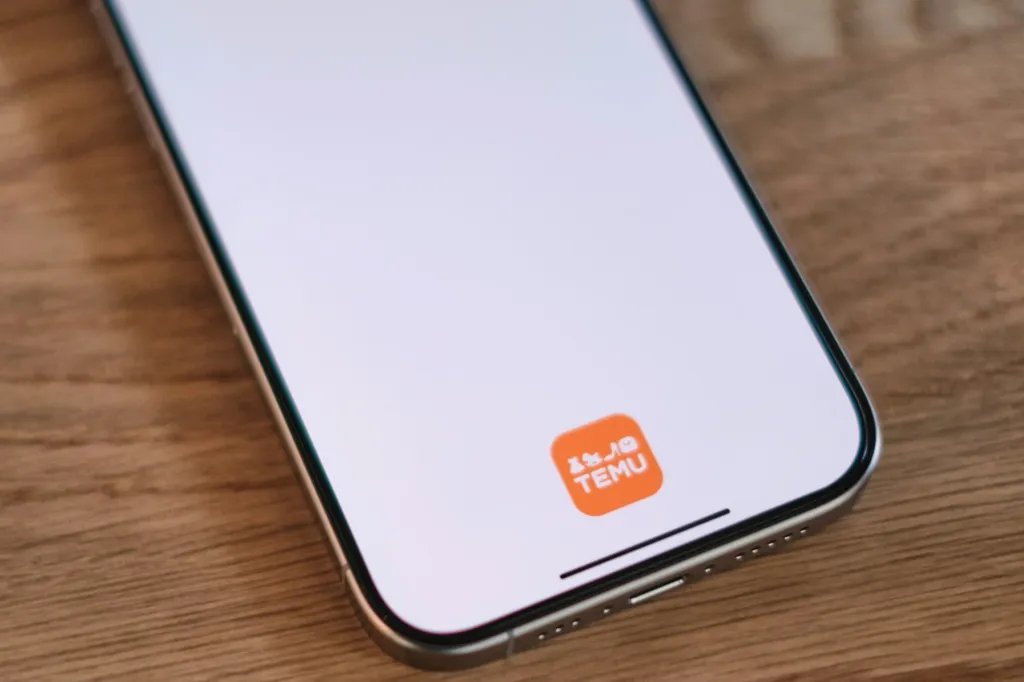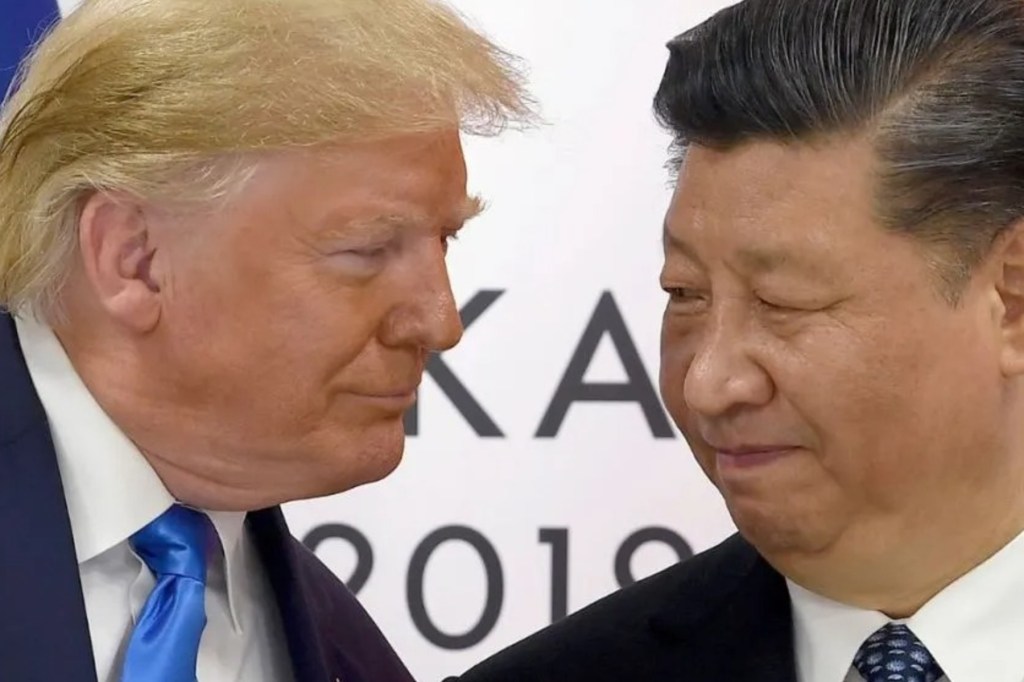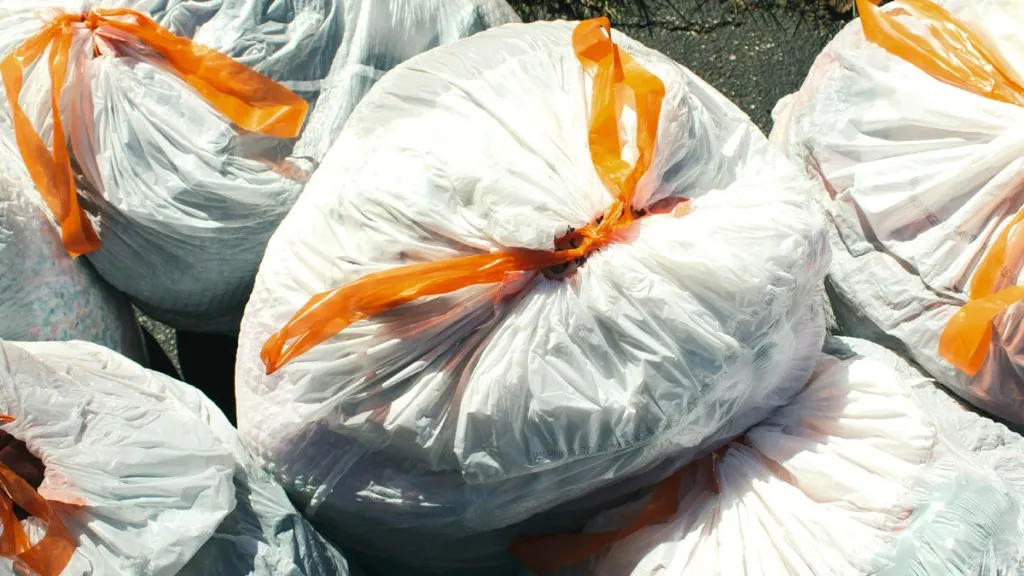SA micro-cap Iondrive moves into a higher gear
A placement worth more than half of the company’s market capitalisation will support Norwood-based Iondrive’s ambitions to become a leader in recycling lithium-ion batteries.
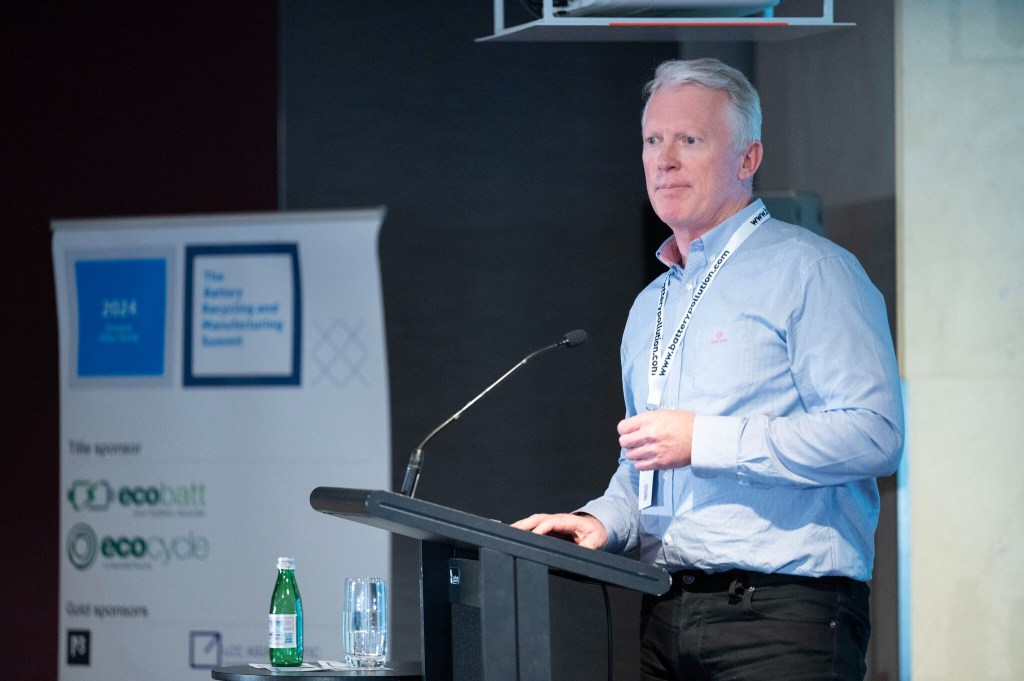
After ticking away quietly on the stock market for the past year-and-a-half, Adelaide-based Iondrive popped off the page last week with news it was raising $6 million to kickstart a pilot of its lithium-ion battery recycling plant.
It is long-awaited progress for Iondrive which was formed out of University of Adelaide research and landed on the ASX via a backdoor listing after Southern Gold Limited agreed to acquire the entity for $1.4 million in May 2023.
The raise represented a 16.7 per cent premium and was worth more than half of the company’s valuation on 29 November being $8.5 million per Baker Young Limited analysts.
The company welcomed institutional investor Terra Capital to its list of shareholders, alongside cornerstone shareholders Strata Investment Holdings and Ilwella. Incoming director Hugo Schumann and commercial director Lewis Utting also took up a part of the $6 million raise.
The money will allow Iondrive to push ahead with the creation of a pilot plant to show off its Deep Eutectic Solvent-based (DES) battery recycling technology.
Iondrive’s process works by taking untreated ‘black mass’ – the material made from the anode and cathode materials of shredded lithium batteries – and applying the DES to extract lithium carbonate, nickel hydroxide, cobalt oxide and manganese hydroxide.
The company claims its tech – spun out of research at the University of Adelaide – has a “high degree of separation” with “very high” recovery rates of more than 95 per cent.
You might like
Iondrive said in its announcement that it might “exercise the company’s option to acquire the technology from the University of Adelaide for $1 million, rather than exclusively licence”.
With money locked in, Iondrive has set itself a six-month construction timeline in FY25, with the pilot plant expected to operate for two years, potentially in Adelaide.
From there, a demonstration plant will likely be built followed by a full-scale commercial plant – ideally by 2030 according to CEO Ebbe Dommisse.
Though based in Adelaide, Europe is the initial focus market for Iondrive.
“Europe has a very pressing problem with an early uptake of electric vehicles,” Dommisse told InDaily.
“Their batteries are nearly at their end of life and by 2030 there’s going to be an enormous volume.
“Australia is a much smaller market and the uptake of electric vehicles has also been slow. But there’s certainly a big opportunity here for us as well, it’s just because of timing.”
The battery recycling market is expected to be worth $100 billion by 2040, and Iondrive wants a slice of that pie.
Targeting Europe is important, Dommisse said, because China has locked up most of the lithium market and production of lithium-ion batteries.
“They’ve set up the capacity in China to produce the batteries. They’ve also sewn up the supply chains of the critical minerals that go into the batteries – not only the raw critical minerals that come from mining but also the end-of-life batteries that get recycled,” he said.
Stay informed, daily
“More than 75 per cent of black mass produced in Europe is sent back to China. There’s no processing capacity locally to recycle or recover the minerals in the black mass.
“Europe and the US have really been caught with their pants down. The only way for them to create their own sovereign energy transition capabilities is to recycle the black mass locally and process it there for their own battery manufacturing facilities that they’re putting up.
“It really is a race to the finish line for battery recycling companies to get as much market share. That’s our challenge.”
Iondrive has three main competitors, each at different stages of bringing lithium-ion battery recycling to life.
They include CYLIB, which uses a similar extraction method as Iondrive, combined with traditional extraction methods for cobalt, nickel and manganese. The company has achieved a $500 million valuation following a Series A earlier this year.
Ascend Elements is another competitor that uses a more conventional hydrometallurgical process and is valued at about $2 billion. Desycle is another that uses a similar process and is currently working on its demonstration plant.
But Dommisse was bullish on Iondrive’s tech, noting “it selectively leeches out metals” and was “very good at separating the cobalt, nickel and manganese”.
“Whereas the traditional processes will collect those as a soup,” he said.
“With us having the flexibility of selectively isolating the metals and then putting that together in any ratio that the customer wants gives us a competitive advantage.
“Your traditional processes also use very strong toxic acids that generate a lot of toxic waste. Whereas our process uses nine organic solvents including the Deep Eutectic Solvent which is our magic ingredient.
“Our environmental footprint is considerably smaller than the traditional process, and that really resonates with the European entities.”
As such, Dommisse claims Iondrive has a “cleaner, greener and cheaper process” that “really appeals to countries that want those cleaner processes”.
“The university has done a fantastic job to develop a really interesting technology with lots of competitive advantages, and our challenge now is to commercialise that as quickly as possible to secure that bigger market share,” he said.
